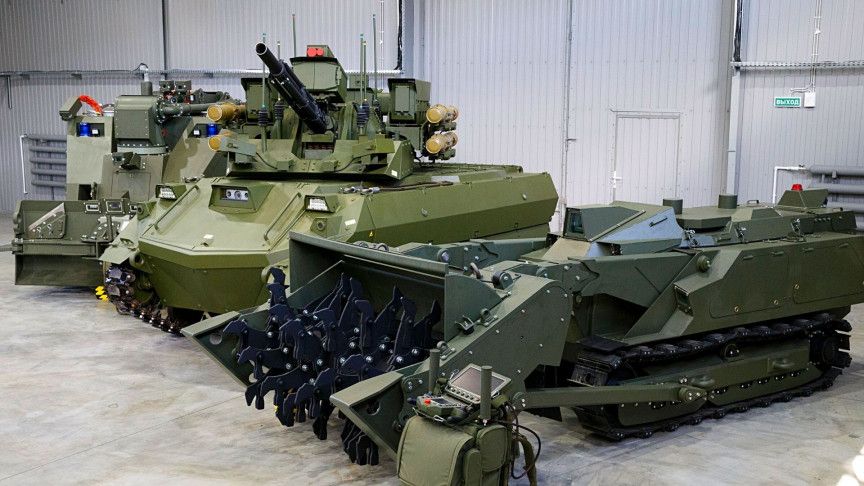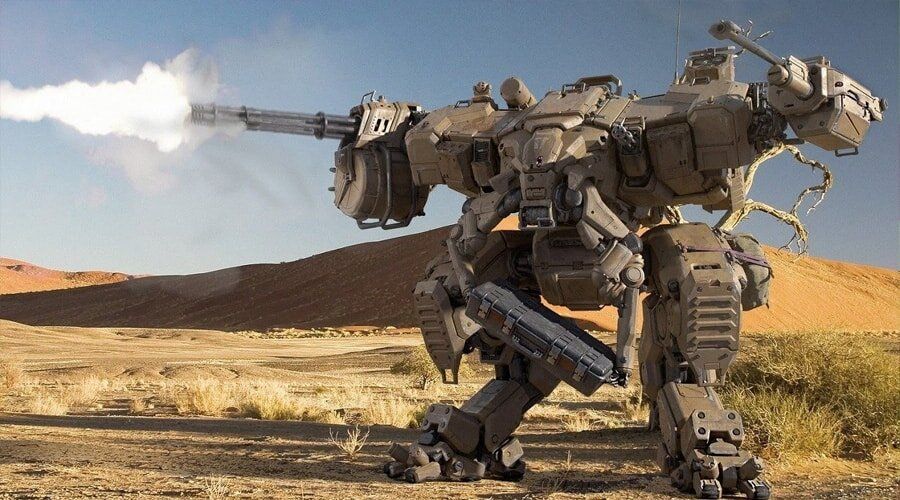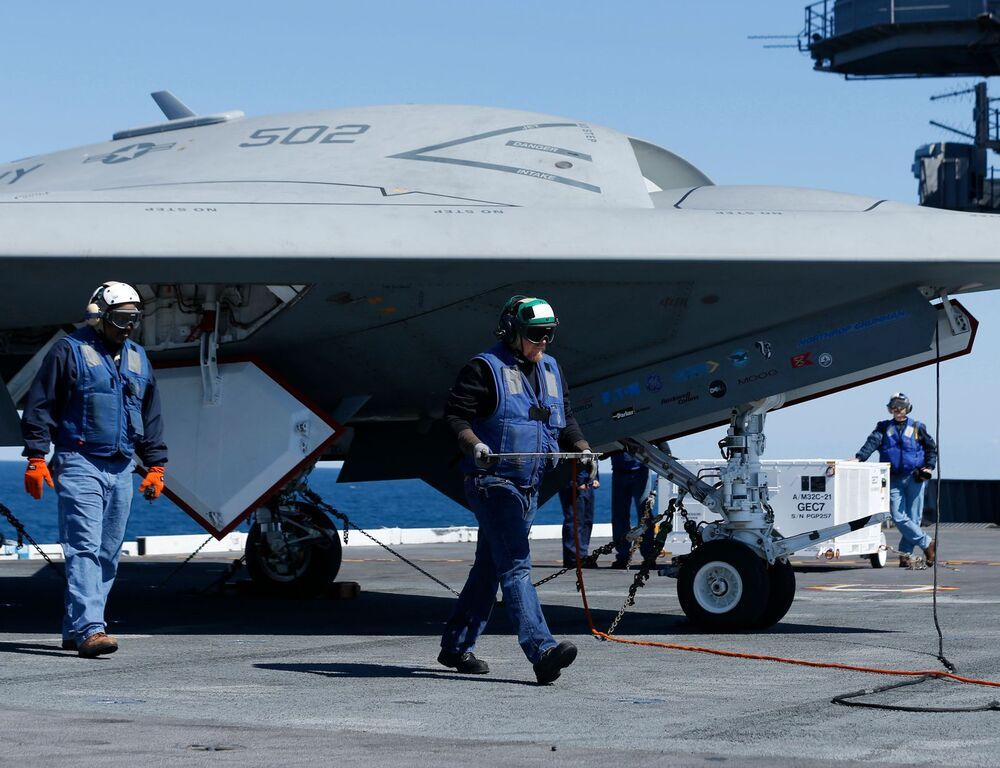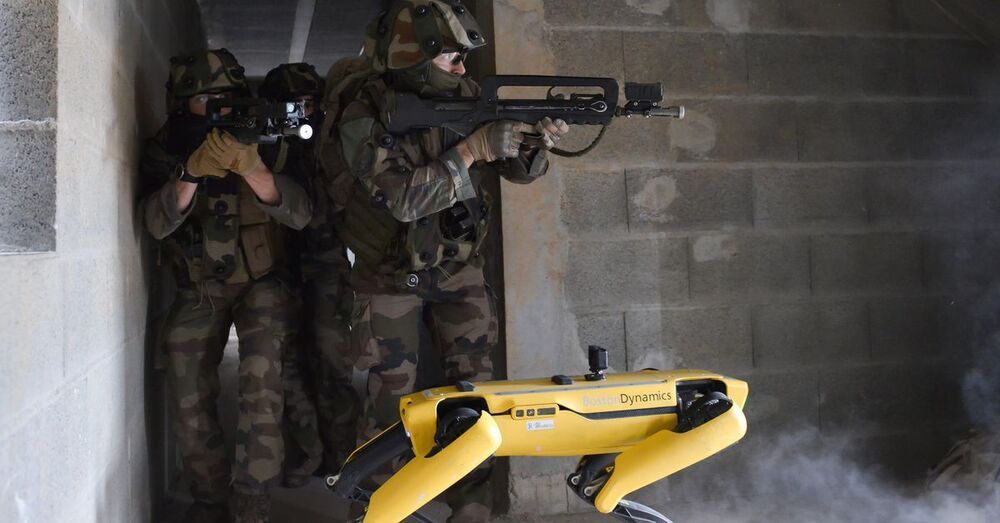
Although universal fault-tolerant quantum computers – with millions of physical quantum bits (or qubits) – may be a decade or two away, quantum computing research continues apace. It has been hypothesized that quantum computers will one day revolutionize information processing across a host of military and civilian applications from pharmaceuticals discovery, to advanced batteries, to machine learning, to cryptography. A key missing element in the race toward fault-tolerant quantum systems, however, is meaningful metrics to quantify how useful or transformative large quantum computers will actually be once they exist.
To provide standards against which to measure quantum computing progress and drive current research toward specific goals, DARPA announced its Quantum Benchmarking program. Its aim is to re-invent key quantum computing metrics, make those metrics testable, and estimate the required quantum and classical resources needed to reach critical performance thresholds.
“It’s really about developing quantum computing yardsticks that can accurately measure what’s important to focus on in the race toward large, fault-tolerant quantum computers,” said Joe Altepeter, program manager in DARPA’s Defense Sciences Office. “Building a useful quantum computer is really hard, and it’s important to make sure we’re using the right metrics to guide our progress towards that goal. If building a useful quantum computer is like building the first rocket to the moon, we want to make sure we’re not quantifying progress toward that goal by measuring how high our planes can fly.”


















